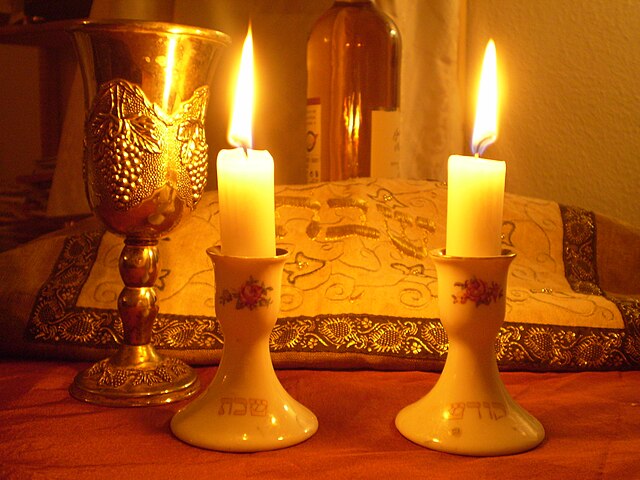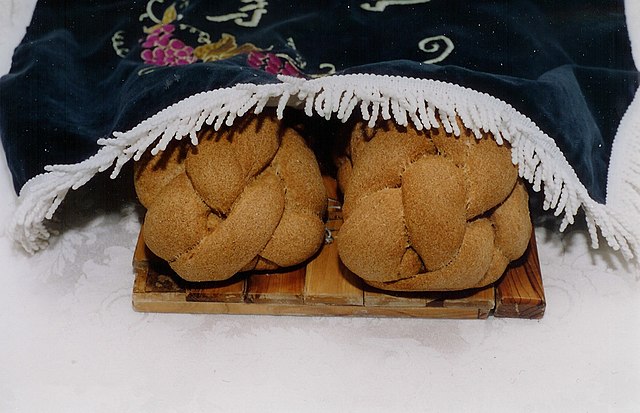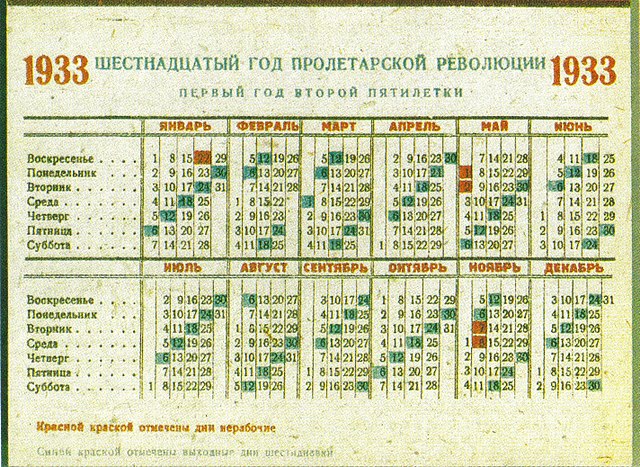Shabbat or the Sabbath, also called Shabbos by Ashkenazim, is Judaism's day of rest on the seventh day of the week—i.e., Saturday. On this day, religious Jews remember the biblical stories describing the creation of the heaven and earth in six days and the redemption from slavery and the Exodus from Egypt, and look forward to a future Messianic Age. Since the Jewish religious calendar counts days from sunset to sunset, Shabbat begins in the evening of what on the civil calendar is Friday.
Kiddush cup, Shabbat candles and challah cover
A silver matchbox holder for Shabbat from North Macedonia
A challah cover with Hebrew inscription
Two homemade whole-wheat challot covered by traditional embroidered Shabbat challah cover
A week is a unit of time equal to seven days. It is the standard time period used for short cycles of days in most parts of the world. The days are often used to indicate common work days and rest days, as well as days of worship. Weeks are often mapped against yearly calendars, but are typically not the basis for them, as weeks are not based on astronomy.
An Italian cameo bracelet representing the days of the week by their eponymous deities (mid-19th century, Walters Art Museum)
Circular diagrams showing the division of the day and of the week, from a Carolingian ms. (Clm 14456 fol. 71r) of St. Emmeram Abbey. The week is divided into seven days, and each day into 24 hours, 96 puncta (quarter-hours), 240 minuta (tenths of an hour) and 960 momenta (40th parts of an hour).
Soviet calendar, 1930. Five colors of five-day work week repeat.
Soviet calendar, 1933. Rest day of six-day work week in blue.








